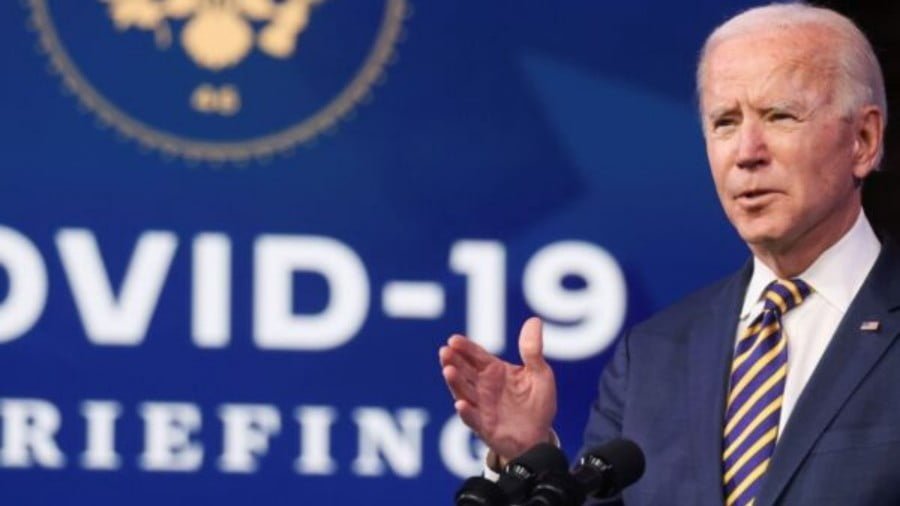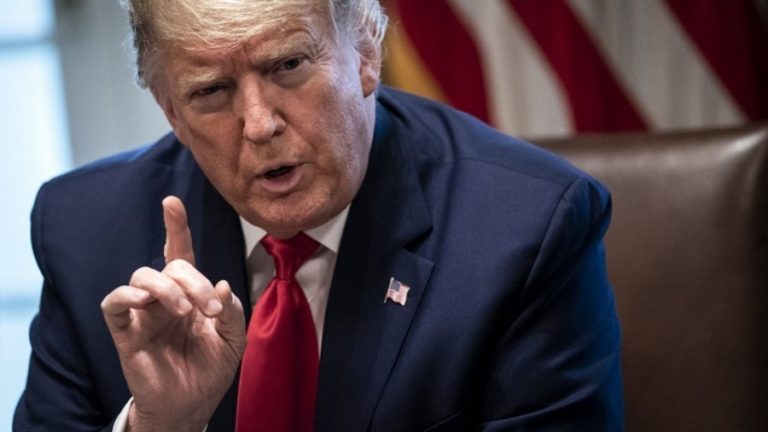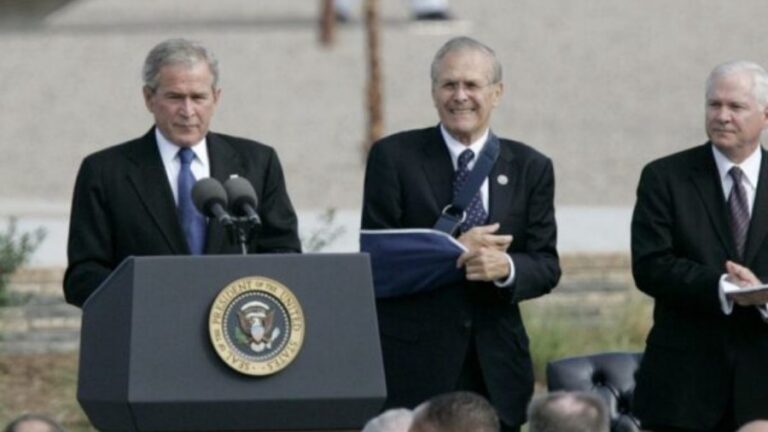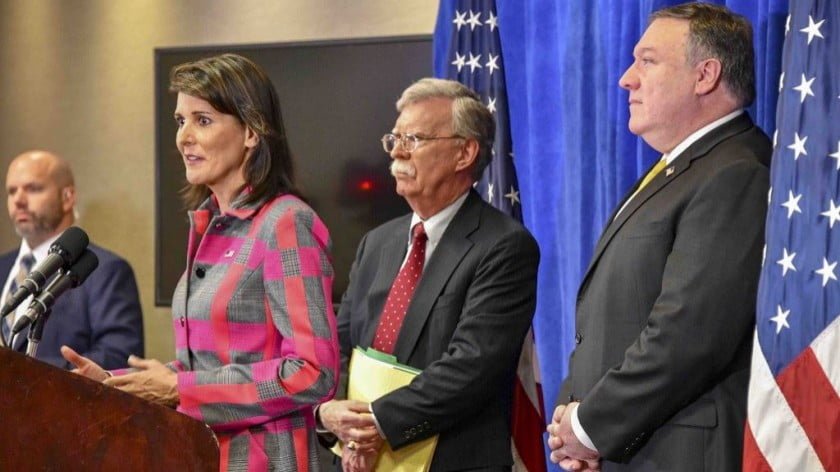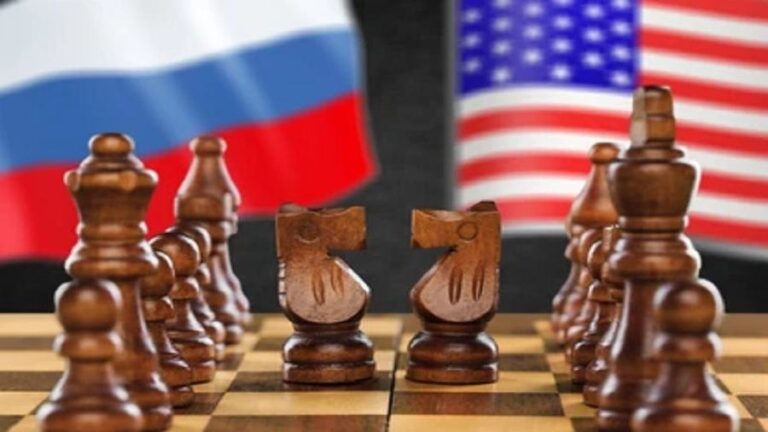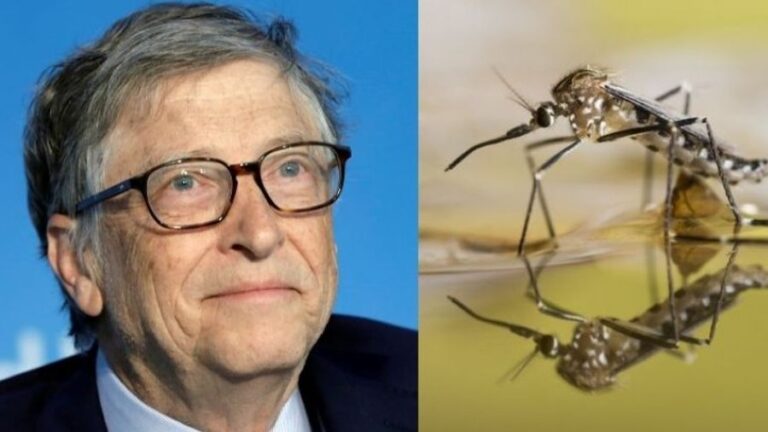2021: The Geopolitics of Vaccination
The biggest overall issue of 2020 by far was the global reaction to Covid-19 and there is a prevailing belief that somehow 2021 will be automatically different because one digit in the year has changed. The world is waiting for this to all be “over”. But, perhaps the big question shouldn’t be when the Coronavirus issue ends but how it ends. This health crisis, just like any other, provides the catalyst for political change and has already left a bureaucratic mark on history. The potentially most interesting (or terrifying depending on your worldview) systemic change brought on by the virus would be the start of some sort of mandatory vaccination for travel. This concept, which was unthought of just a year ago, is being discussed in the Mainstream Media both positively and negatively with some governments already greenlighting the concept verbally. The Overton Window seems to be moving very quickly on this issue. But what will this new form of bureaucracy mean on a grander scale and since numerous different sources are creating a vaccine could a form of “geopolitics” of vaccination arise depending one which is taken?

As of now the key form of bureaucracy for international travel is a passport based on citizenship. The proposed idea to only allow vaccinated individuals to travel will essentially create a second passport (regardless of what terminology is ascribed to it) based on an individual’s vaccination record. So, because this new vaccination proof documentation will essentially function as a passport we should first take a look at the geopolitical aspects of passports before we can take a look at the geopolitical aspects of vaccination.
The Passport Space We Know
Passports and visa regimes throughout the 20th century became a reflection of national power and created bureaucratic geopolitical spaces of their own. If we look at the “Global Passport Power Rank 2021” then we see that the top nations are not surprisingly in the West. The choice of using the word “power” when describing passports is very relevant. For example, U.S. Citizens can visit Bulgaria and Serbia visa free, while Serbs and Bulgarians must go through the bureaucracy, fees and interviews necessary for the privilege to step on American soil. Although many Bulgarians may feel the U.S. is an ally who saved them from floundering Communism, there are plenty of Serbs alive today who consider Washington to be the murderers of their people and yet they still give Americans 90 days to stay in their nation with zero questions asked. Funny how that works out.

In contrast, and unlike many European nations, the Serbs give eternal ally Russia 30 days for business and/or vacation. Very often traditional allies of a given nation are granted visa free entrance. Speaking of Russia, it is no surprise that many tiny nations that Russia recognizes but America does not (South Ossetia, Abkhazia etc.) allow Russian citizens to enter visa free. Furthermore, as Russia’s influence has grown since its utter defeat in the Cold War its passport has steadily increased in “power”.
Visas and passports can reflect the strength of a nation or its proximity to power (high level vassal status) when its citizens can go almost everywhere while at the same time blocking lessers from entering their nation.
In some ways when smaller nations demand visas from more powerful actors this show of bureaucratic force definitely makes a statement and is a form of proof of independence. It is unknown how many people actually want to go to North Korea for a summer holiday but the fact they can and do enforce/deny visas provides some level of protection from carpet baggers, foreign agents and other questionable figures, but most importantly it sends a message to other nations that they have “no right to be here”.
So we can see that Western passport geopolitical spaces are very broad reaching covering almost the whole globe except for certain uppity hermit nations while in turn rejecting free entry to many poorer/weaker nations. The West’s businessmen and influencers can go out, but no one is coming back so easily in turn. International travel is a symbol of at least middle class status, but what is really key is where those 8 men in the business class seats can and cannot go.

When it comes to the poor of the world we can see that there is a reason why every London bartender is Polish, and every street sweeper in Moscow is Tajik – they have visa free entry to these respective countries to work as migrant labour. The Tajiks in Moscow would surely prefer to do the same job for U.S. dollars or British pounds, but that is simply not an option as their passports do not allow it. There are simply different migrant worker exploitation spaces available to those with Polish and Tajik citizenship.
The Vaccination Space That Could Be Coming
If we are going to live in a world where vaccines are mandatory for travel, who is to say that every nation on Earth is going to acknowledge the validity of every other vaccine. The Mainstream Media makes it seem as though just getting any vaccine with some sort of paperwork to back it up should be good enough, but this is unlikely to be true.
The BBC has already written about Russia’s Sputnik V Coronavirus vaccine with some skepticism. When we consider the fact that this news giant basically writes the entire cultural narrative of the UK, then it is safe to believe that many of their politicians may choose to not recognize the validity of the Russian vaccine out of fear, spite and/or ignorance.
In contrast, like it or not, Russian citizens are going to have access to only the Russian made vaccine. You have the option to take it or not, but getting the American type from Pfizer will require effort, patience and a much bigger personal expense. Thus, it is not forbidden per say, but will be very rare for Russian citizens to get a competing foreign vaccine, putting them all into the Sputnik V camp from a bureaucratic perspective. In fact there seems to be almost a vaccination race as nations race to develop and export their vaccine first. Perhaps this is out of national pride or humanitarian interests, but their rush may also be connected with the desire to get as many nations as possible onto your national vaccine. In the same sense that all Russian citizens with a Russian passport are in one big group, then if there will be a vaccination passport then all people who took Sputnik V or Pfizer’s shot would be placed into one similar category for travel. If this is actually happening, then surely the race is on to take as much of this new intangible geopolitical space as possible.

If we follow bureaucratic logic, that “if the Russian vaccine is bad, then no travel to England”, this would also extend to individuals/countries that have predominantly taken the Post Soviet edition of the antivirus injection. What is important to understand is that many of the countries getting Sputnik V are not just small ignorable former Communist nations bordering Russia. These are major economic players like China, India, South Korea, and America’s neighbor to the south Mexico, all of which are all placing orders in the tens of millions.
If push comes to shove and this concept of travel papers based on vaccination (immunization passports) comes to pass then it is very likely that non-Western versions will “not count” at border crossings. Although with enough time and money one can probably get any type of vaccine anywhere, for the overwhelming majority this could create a new invisible Iron Curtain – the Western Vaccines on one side with the Russian one (with other possible outlier versions) on the other.
This may sound like a stretch of the imagination but the madness of Russophobic conspiracy theories seems to have no bounds. And most importantly governmental reactions to the Covid-19 Pandemic have been harsh, dubious in effect, and very short sighted. There is a real chance that in 2021 we will see the rise of the geopolitics of vaccination.

